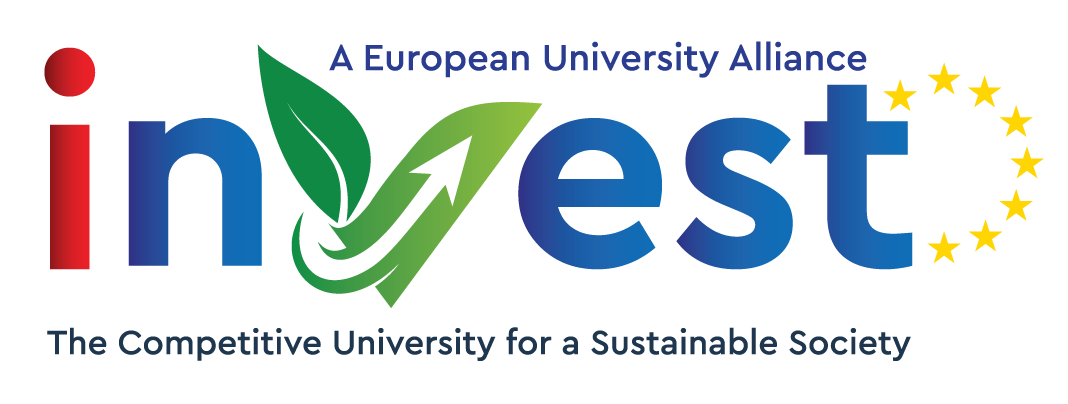SPECIAL ISSUE ANNOUNCEMENT: "SUSTAINABLE EDUCATION AND INNOVATIVE TEACHING METHODS"
We are delighted to announce a new Special Issue titled “Sustainable Education and Innovative Teaching Methods” in the journal Sustainability, published by MDPI, guest edited by members of the INVEST research team:
- Prof. Omiros Iatrellis
- Prof. Nicholas Samaras
- Prof. Konstantinos Kokkinos
This Special Issue focuses on advanced methodologies and state-of-the-art research concerning the integration of sustainability in education and innovative pedagogical practices. It highlights how digital tools, artificial intelligence (AI), and machine learning (ML) can revolutionize educational systems, enhancing both the delivery and substance of sustainable education.
Topics of interest for this Special Issue include, but are not limited to:
- Computational thinking in sustainable contexts
- Computational science for environmental challenges
- Educational robotics focusing on sustainable development
- STEAM approaches to integrating sustainability
- Serious games and game-based learning for sustainability education
- Digital tools and innovations promoting sustainable practices
- AI and ML applications in environmental education
- IoT and smart technologies for educational advancements
- Remote lab technologies for distant learning on sustainability
- Case studies on policy and practice in sustainable education
- Contemporary pedagogical approaches to sustainability
We invite submissions that propose new methods and integrate these innovations within the framework of sustainability in education. Contributions may range from empirical research to theoretical models and case studies that address how these technologies can be effectively utilized to foster a sustainable future through education.
Sustainability is an international peer-reviewed open access semimonthly journal published by MDPI, with an Impact Factor of 3.9, a Q1 ranking, and a CiteScore of 6.8.
For more information and submission details, please visit the Special Issue webpage.
